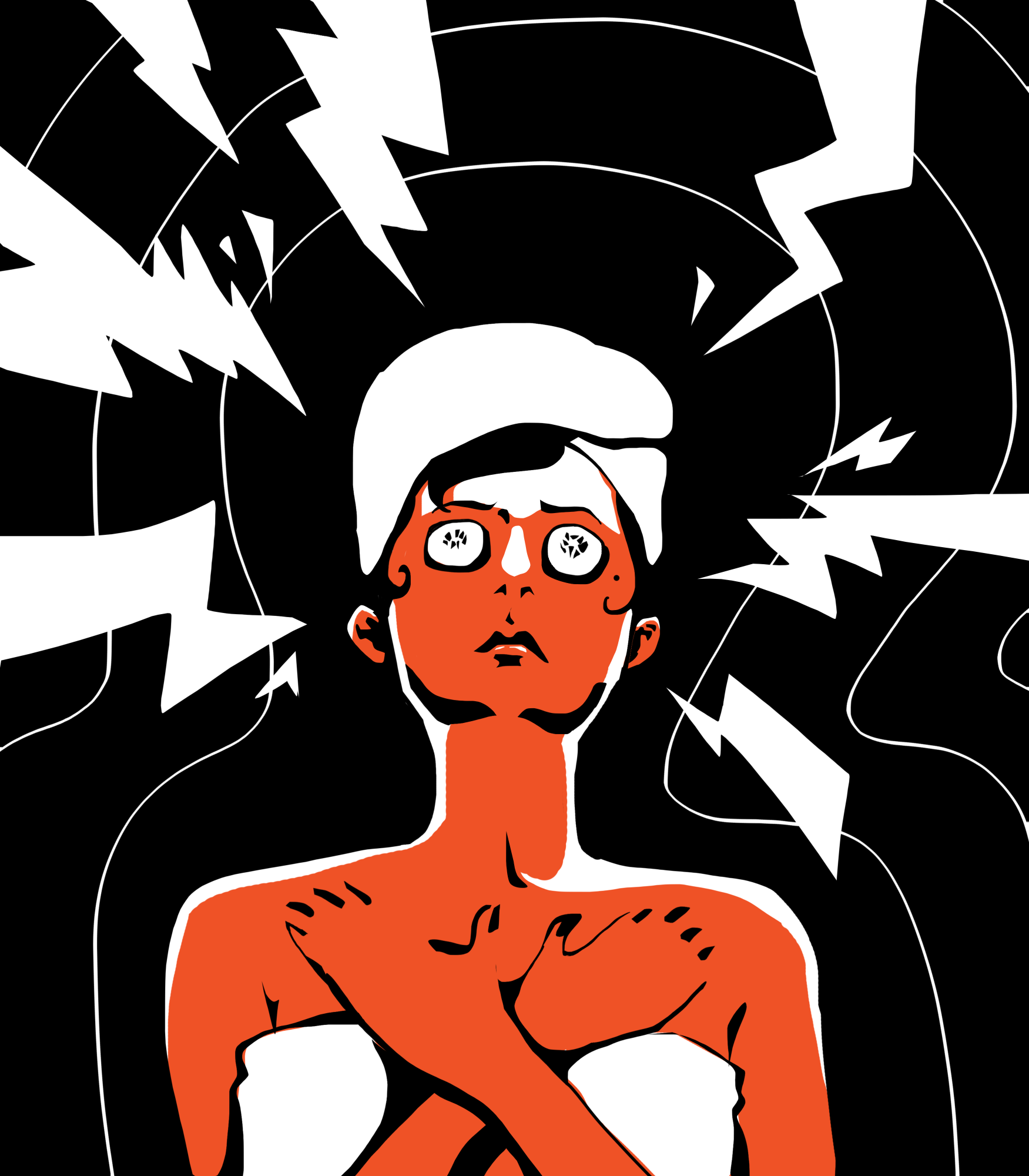Rough day with classes? A test you thought you did well on didn’t go too hot after all? Drowning in busy work and chasing one assignment after the other? Maybe some friendship drama, too? We’ve all been there—especially now with finals fast approaching. With the end of the semester teasing us with the tantalizing prospect of a well-deserved break, life can appear very overwhelming.
But don’t fret, there’s a simple solution: it’s called “self-care.” Treat yourself to a hot bath, but not without that $15 rose-scented bath bomb. Slip into a $120 cashmere robe and lather up in $30 eucalyptus body butter. Put on some soft pajamas, make yourself a cup of blueberry sage stress relief tea and maybe indulge in some retail therapy online. Feel better already?
Granted, a routine of hot bubble baths, extravagant skin care products and lavish spending habits appears inflated with hyperbole for the everyday consumer. However, when considering that self-care has grown to an $11 billion industry, it doesn’t seem quite as far-fetched after all. Social media trends like “TikTok made me buy it” have gained more than 60 billion views as of 2023, and the TikTok hashtag “selfcare” currently sits at a staggering 13.6 million posts.
The problem with self-care isn’t merely that it has morphed into a money-making machine—it has become a lifestyle that is considered “cool” to entertain. The pitfall? Practicing self-care has begun to feel like work, rather than being something we painlessly incorporate into our daily lives. Thus, achieving stress-relief and betterment through self-care becomes ironic. The original purpose of the concept disappears into a meaningless, empty buzzword.
The concept of “self-care” first emerged in the 1950s as a means for patients to heal by practicing care and empathy. Amongst the medical community, it was considered an alternative treatment to biomedicine that was intended to improve patients’ self-esteem. During the Civil Rights Movement in the 1960s, mindfulness techniques, such as meditation and yoga, strengthened African American communities in a society that systematically mistreated them. In this light, modern conceptions of “self-care” become dehumanizing because the original purpose of the idea—its focus on preserving health and dignity in frameworks of oppression—has been lost through excessive, high-end consumerism.
Now the 21st century has welcomed the “wellness epidemic” in which it seems like everyone has an official diagnosis that warrants some form of expensive treatment—from exclusive Pilates classes and energy healing therapies to elaborate skin care regimens, habit tracking apps and self-help books promising to “fix” us.
With the rise of social media, self-care has garnered an edge of aestheticism too. TikTokers sit at their elegant, perfectly organized vanities, touting their 10-step make-up routine to feel empowered throughout the day; YouTubers flash their leather-bound notebooks and expansive array of stationery pens they use for gratitude journaling; Instagrammers fashion oversized fleeces and flare leggings in stylish bedrooms from their retail therapy Amazon hauls. Amidst this slew of content, self-care is marketed as a desirable way of living, boasting the very perfectionism it strives to combat.
Indeed, this lifestyle can provide a temporary escape from the seemingly downward spiral that is sometimes called life—it’s that initial burst of excitement when we treat ourselves to a new piece of clothing or attend a Pilates class for the first time. At the end of the day, however, none of this will actually beat our burnout.
What truly lures us in is the reward of social recognition from entertaining habits considered “mentally nourishing.” We aren’t genuinely interested in feeling healthier and happier. Instead, we are racing towards a personal stake in the self-care arena.
What’s more, we quickly begin to hold ourselves to an achievement metric where we must carve out extra time in our day just to “do” self-care. Yet when stress-relief and well-deserved you time begins to feel like a considerable effort, something has gone awry—self-care is supposed to alleviate stress, not add another item to your to-do list.
Self-care doesn’t have to be a product, lifestyle or performance. Think about how self-care practices organically make their way into your day-to-day. Is it your walk to class in the morning? Listening to the banger that gets you out of bed? Your afternoon run or workout? Maybe the meal you share with friends at the dining hall? Self-care isn’t about face masks, retreats or making time for yoga, it’s about changing our perspective on the activities we already do in our daily lives. And that’s something no industry can sell us.


